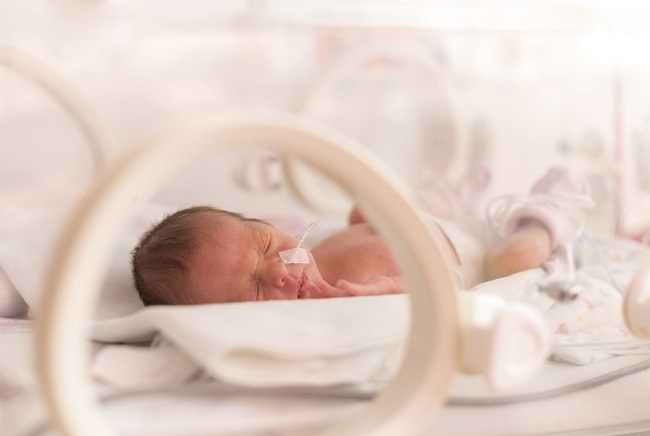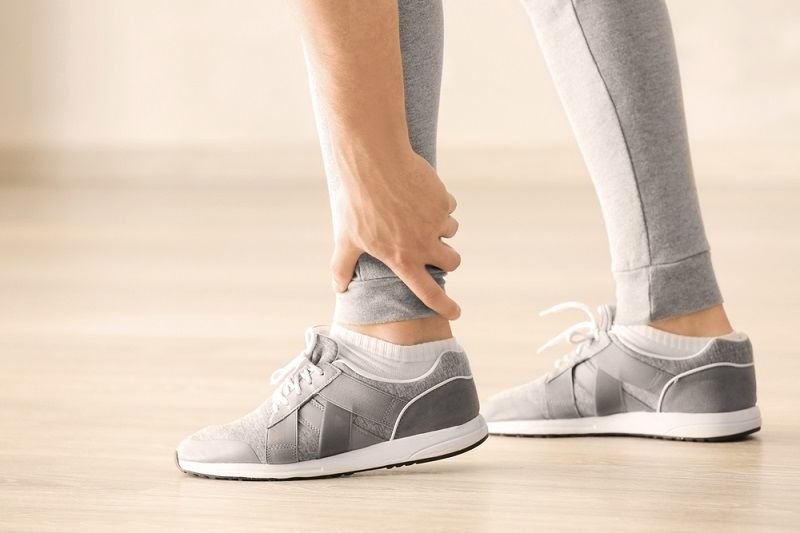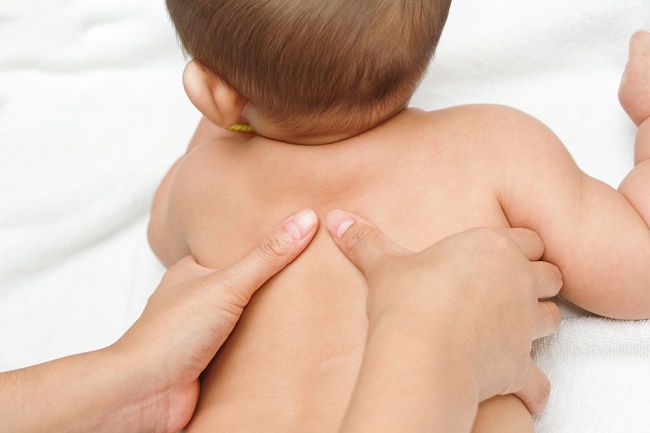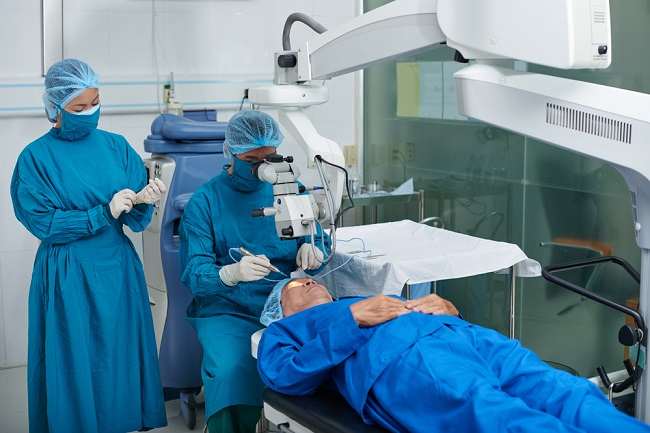Maybe you've heard the rumor that says that exercising on an empty stomach can burn more fat. By burning more fat, it is hoped that the weight can fall faster. However, is it safe?
Exercise on an empty stomach is known as fast cardio. This technique is believed to help accelerate weight loss. This opinion is not completely wrong, but the problem is, is it safe for the body? Check out the following explanation.

Sports Benefits Son an Empty Stomach
When the stomach is empty, the body will use food reserves to be processed into energy sources. Initially, the body will utilize carbohydrate reserves, then only burn fat reserves.
now, when exercising on an empty stomach, the hope is that fat reserves will be burned as energy so that they can reduce fat deposits and reduce body weight.
However, this turned out to be wrong. A study revealed that there was no difference in the number of calories wasted and the fat burned when someone ran for 60 minutes on an empty stomach or not.
The Risks of Exercise on an Empty Stomach
On the other hand, exercising on an empty stomach has several negative effects on health, namely:
- Increases the risk of hypoglycemia (low blood sugar levels). When experiencing this condition, you can feel dizzy, nauseous, shaking, and even faint.
- Reduces stamina, so it is not strong enough to exercise for long. People who exercise on an empty stomach will usually feel tired more easily.
In fact, there are studies that show that exercising on an empty stomach can increase your appetite afterward. This can make you eat more than usual and ultimately increase your calorie intake.
Various Choices of Good Food or Drinks to Consume Before Exercise
Exercise on an empty stomach is actually not completely dangerous, depending on the type of exercise.
If you are going to do strenuous exercise with a long duration, you should eat first to prevent the negative effects above. However, if you just want to take a leisurely walk or jog for a short time, exercising on an empty stomach isn't a problem.
If you decide to eat before your workout, keep the following in mind:
- Eat 2-3 hours before exercise and choose healthy foods, such as eggs, meat, low-fat dairy, fish, green vegetables, whole grains, and fruit. Don't forget to get enough fluids by drinking water.
- If you only have a short amount of time before your workout, choose lighter foods, such as plain bread, energy bar, or fruit.
Exercising on an empty stomach isn't entirely wrong, but the benefits are still unclear and there are risks if you're not careful. If you want to do this, try to consult with your doctor first to see if this way of exercising is safe for you.









